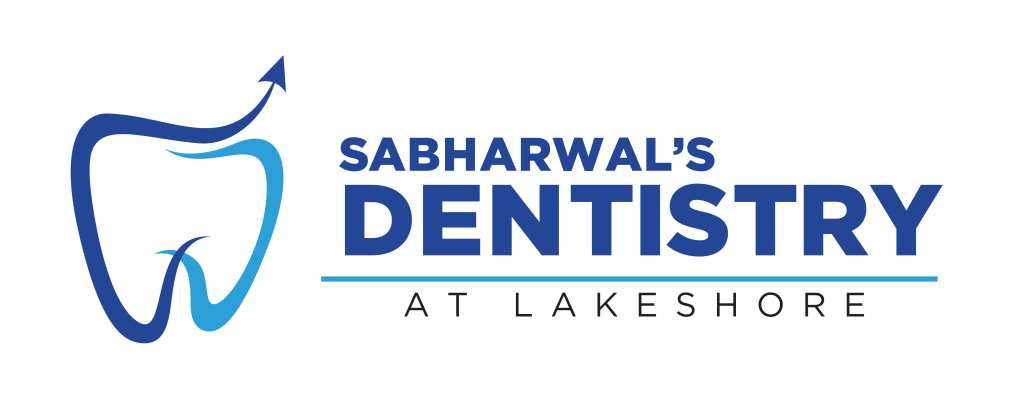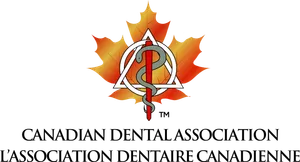Dental Extraction
At Sabharwal’s Dentistry Oakville, we have expertise in dental extraction. A dental procedure of pulling a tooth out of its socket in the jaw. Dentists often need to do this when a tooth has serious damage, decay, infection, or impaction, or when it’s causing other teeth problems. Dental extraction also known as tooth extraction is a teeth operation that helps to prevent serious tooth problems and to maintain oral health care.
Types of Dental Extraction
Our highly trained professional doctors perform two main types of dental extraction. It depends on the complexity of the situation. Here are two major types of dental extraction:
- Simple Dental Extraction: This procedure is performed on visible teeth that can be easily removed with forceps.
- Surgical Dental Extraction: This is required for impacted, broken, or difficult-to-remove teeth. It involves making an incision in the gum and sometimes removing a portion of bone for safe extraction.
Common Reasons for Dental Extraction
- Severe Decay or Damage – Pulling a tooth will help to stop further tooth problems.
- Impacted Wisdom Teeth – Dental extraction may be necessary if teeth lead to soreness, swelling, or teeth misalignment.
- Infection or Abscess – When deep infections won’t heal with a root canal, tooth extraction keeps it from spreading.
- Periodontal Disease – If gums get sick and teeth start to wobble then tooth extraction is needed.
- Orthodontic Treatment – To line up teeth, you’ve to take one out, so dental extraction is necessary.
Dental Extraction Procedure
- Initial Assessment & X-rays – Our dentists perform a thorough examination, including X-rays, to evaluate the tooth’s condition and surrounding structures.
- Anesthesia Administration – We ensure a pain-free procedure with anaesthesia. Sedation options are available for surgical cases.
- Extraction Process:
- Simple Extraction – The tooth is gently loosened and removed with forceps.
- Surgical Extraction – A small incision is made, and in some cases, bone removal or tooth sectioning is performed.
- Socket Care & Suturing – The area is cleaned, gauze is applied to control bleeding, and stitches may be placed if necessary.
- Post-Extraction Instructions – We provide detailed post-extraction care guidelines for a smooth recovery.
Affordable Dental Extraction at Sabharwal’s Dentistry – Cost & Pricing Details
Looking for an affordable dental extraction price? At Sabharwal’s Dentistry, we provide cheap tooth extraction near me with high-quality care. Whether you need a simple extraction or a surgical one, we ensure a comfortable and cost-effective procedure.
How Much Does a Tooth Extraction Cost?
The teeth removal price varies based on the complexity of the procedure. At our clinic, the minimum extraction cost starts at $213, while a complex extraction can go up to $684.
- Simple extraction cost: $213 – $350
- Surgical extraction cost: $400 – $684
- Molar extraction cost: $300 – $600
- Molar extraction price without insurance: $350 – $684
- Tooth broken at gum line extraction cost: $450 – $684
- Cost to pull a broken tooth: $300 – $600
- Average price to pull a tooth: $250 – $500
If you’re searching for the cheapest place to get a tooth pulled or a cheap dentist to pull a tooth, Sabharwal’s Dentistry offers affordable options.
Wisdom Teeth & Full-Mouth Extractions
For those looking for wisdom teeth removal for cheap, our price to get tooth pulled is budget-friendly. The cost to remove all teeth depends on the condition of your teeth and additional procedures like bone graft dental cost for future implants.
Emergency & Insurance Options
At Sabharwal’s Dentistry, we provide urgent care with an emergency extraction cost starting at $250. We accept the Canadian Dental Care Plan (CDCP) 2025 and offer direct billing with your insurance company, ensuring a seamless experience. If you’re looking for the best dental insurance for wisdom teeth removal, our team can assist in understanding your coverage.
For those without insurance, the cost of pulling a tooth without insurance remains affordable and transparent. Searching for tooth pull cost near me or tooth pulled cost no insurance? We provide budget-friendly solutions with flexible payment options. Contact us today for an estimate!
Do’s and Don’ts After Dental Extraction
Do’s:
✅ Follow all post-extraction instructions provided by your dentist.
✅ Apply an ice pack to reduce swelling.
✅ Eat soft foods and stay hydrated.
✅ Maintain oral hygiene by gently rinsing your mouth with warm salt water after 24 hours.
✅ Take prescribed medications to manage pain and prevent infection.
Don’ts:
✖️ Avoid consuming cigarettes and alcohol for a few days.
✖️ Avoid using straw because it might knock out the blood clot.
✖️ Do not spit or wash your mouth on the first day.
✖️ Avoid eating crunchy and solid food until complete recovery.
Risks and Benefits of Dental Extraction
Risks:
Here are the major common risks of dental extraction:
- There may be chances of swelling and mouth pain for a while, especially after the dental extraction treatment.
- There might be a risk of a dry socket.
- There is a slight possibility of an infection around the surgery area.
- If post-operation precautions are inadequate may lead to bleeding.
Benefits:Here are some benefits of dental extraction:
- Minimizes the pain and infection in the affected area.
- It stops the spread of decay or gum disease.
- It is used to create alignment in spacing for braces.
- It has positive effects on all parts of the body through the mouth
Why Choose Sabharwal Dentistry for Dental Extraction?
Sabharwal Dentistry is a leading and trusted dentistry in Lakeshore, Canada. We aim to offer dental extraction procedures and many dental care services that keep you safe, comfortable, and pain-free. Here’s why we stand out as the best dental care in Oakville, Canada:
✨Skilled Dentists: Our doctors are highly experienced in dental care services. They provide you with the best oral care services in Lakeshore.
✨Cutting-Edge Equipment: We use top-notch technology and precise tools to perform dental practices.
✨Fair and Clear Costs: We offer budget-friendly services without any extra charges.
Along with this, we also provide a Canadian Dental Care Plan. Experience hassle-free dental care services without any worries.
Frequently Asked Questions (FAQs) About Dental Extraction
Q1: How long does it take to pull a tooth?
A: A simple dental extraction takes 20–30 minutes, but the surgical tooth extraction might take more time.
Q2: Is the dental extraction procedure painful?
A: No, the anaesthesia makes it pain-free. You may feel sore later, but medicine will help to manage the pain.
Q3: How long does dental extraction heal?
A: Most people heal in 7–10 days. Good care helps it to heal faster.
Q4: What can I eat after the dental extraction procedure?
A: Eat soft foods like soup, yogurt, mashed potatoes, or smoothies.
Q5: Can I brush my teeth after dental extraction?
A: Yes, but don’t brush near the spot for 24 hours. Be gentle in the treatment area.
At Sabharwal’s Dentistry, we prioritize your oral health and comfort. If you need a dental extraction near Lakeshore, our expert team is here to guide you through a safe and smooth experience.
Contact us today or Book an Appointment online and get your dental treatment in Oakville, Canada today!




